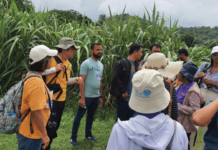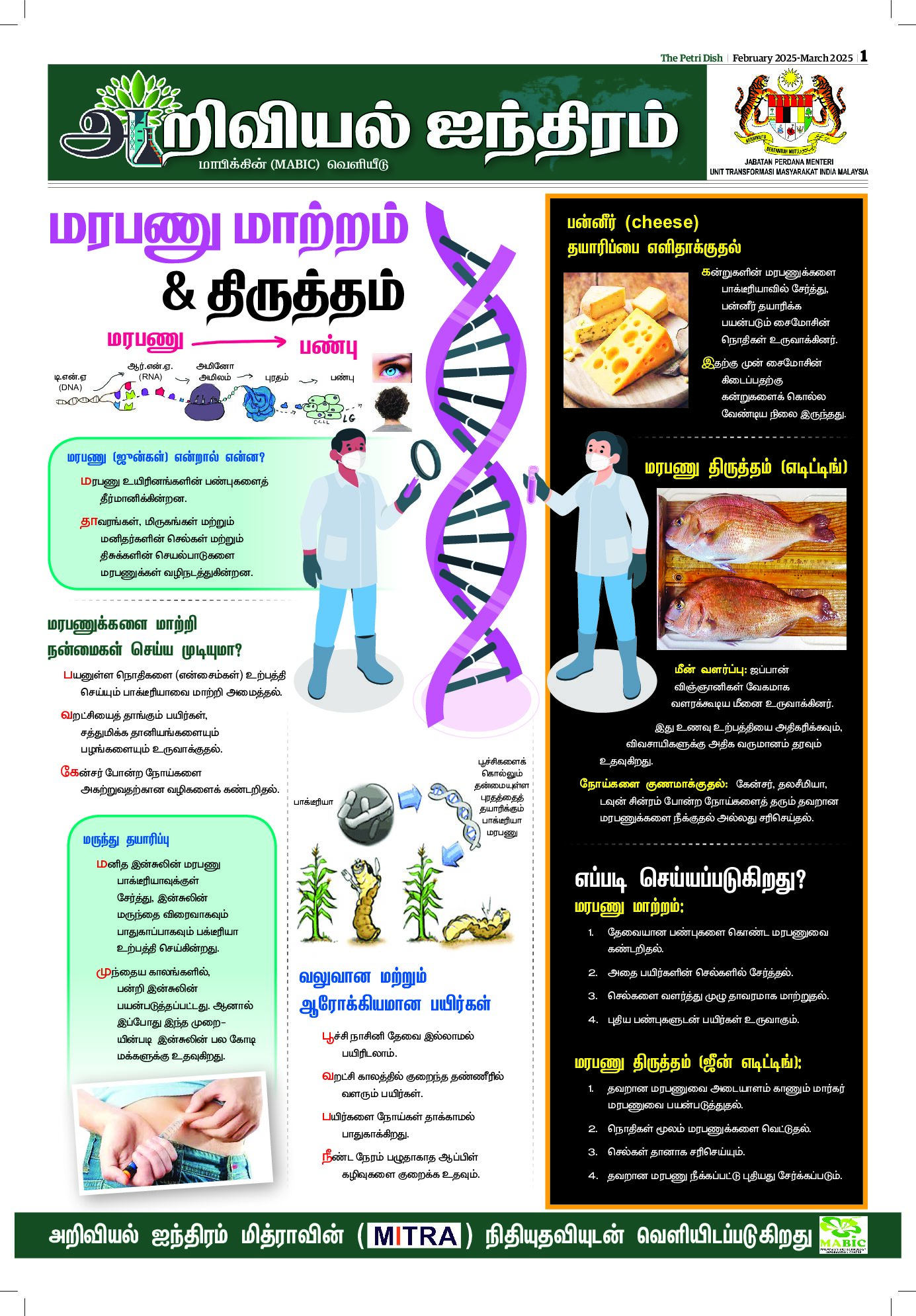The Petri Dish Editor-in-Chief MAHALETCHUMY ARUJANAN who attended the recently concluded UN Biodiversity Conference in Sharm el-Sheikh, Egypt, says such meetings set the direction and basis for national laws, bilateral mechanisms and international trade in relation to modern biotechnology – but unwittingly cast science in the backseat.
THE Convention on Biological Diversity (CBD), Cartagena Protocol on Biosafety (CPB), the Nagoya-KL Supplementary Protocol on Liability & Redress (N-KL Supplementary Protocol) and the Nagoya Protocol on Access and Benefit Sharing (ABS) are all overarching international legal instruments that have significant impact in the way R&D and commercialisation are carried out in the field of biotechnology. They are under the purview of United Nation Environment Programme (UNEP).
The recent UN Biodiversity Conference saw delegates from more than 190 countries converging to deliberate on biodiversity topics related to the convention and the other protocols, in the beach resort of Sharm el-Sheikh, Egypt from 17-29 Nov.
To many scientists these matters are beyond their job scope and are perceived to be in the realm of policymakers, lawyers and regulators. Meetings, conferences and dialogues on regulatory matters are seen to be waste of their time as their time is better spent on research and publication.
International legal instruments could even be intimidating. But little do they know that these legal instruments dictate the way they do research and what they are allowed to and forbidden from doing. They set the direction and basis for national laws, bilateral mechanisms and international trade in relation to modern biotechnology. In fact, with ABS, the scope is not limited to just biotechnology as it covers all uses of genetic resources.
What is worrying is the direction of all these convention and













